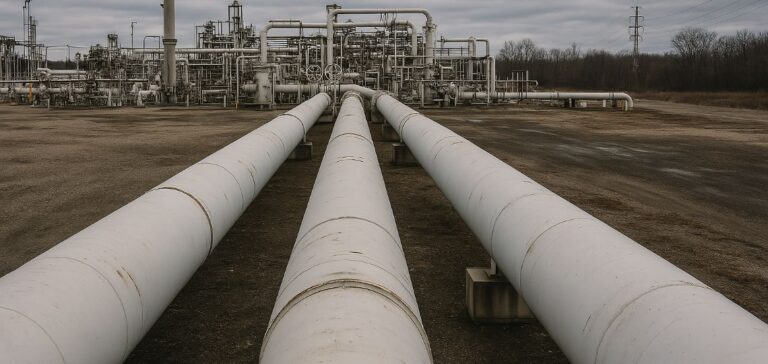Shell Midstream Operating LLC, an indirect subsidiary of Shell plc, has entered into a definitive agreement to sell its 16.125% stake in Colonial Enterprises Inc. to Colossus AcquireCo LLC, a wholly owned subsidiary of Brookfield Infrastructure Partners L.P. and its institutional partners. The transaction amounts to USD 1.45 billion, including approximately USD 500 million in non-recourse debt. Completion of the sale is subject to regulatory approvals and is expected in the fourth quarter of 2025.
A joint operation between five shareholders
All shareholders of Colonial Enterprises, including Shell, have agreed to sell 100% of their shares to Brookfield. Colonial is currently owned by five entities: Koch Capital Investments Company, LLC (28.088%), KKR-Keats Pipeline Investors, L.P. (23.443%), Caisse de dépôt et placement du Québec (16.549%), IFM Investors (15.795%), and Shell Midstream Operating LLC (16.125%). The transaction will enable Brookfield to gain full control of Colonial, which wholly owns Colonial Pipeline Company (CPC) as well as Colonial Marketing Company.
A strategic repositioning for Shell
According to Andrew Smith, President of Shell Trading & Supply, this divestment is part of a drive to streamline operations and focus on segments where the group holds a competitive advantage. Shell Midstream Operating LLC, the leading pipeline operator in the Gulf of Mexico, transports approximately 1.5 billion barrels annually of crude oil, refined products, chemicals and natural gas liquids (NGLs) through a network spanning twelve US states.
A key asset in hydrocarbon transport
Colonial Pipeline Company operates a petroleum products transportation network linking the US Gulf Coast to the Atlantic Seaboard. Although it functions as an independent entity, it plays a critical role in American energy logistics. By divesting its stake, Shell is withdrawing from a non-operated asset, thereby reinforcing its strategy focused on directly managed assets and areas offering high operational leverage.






















